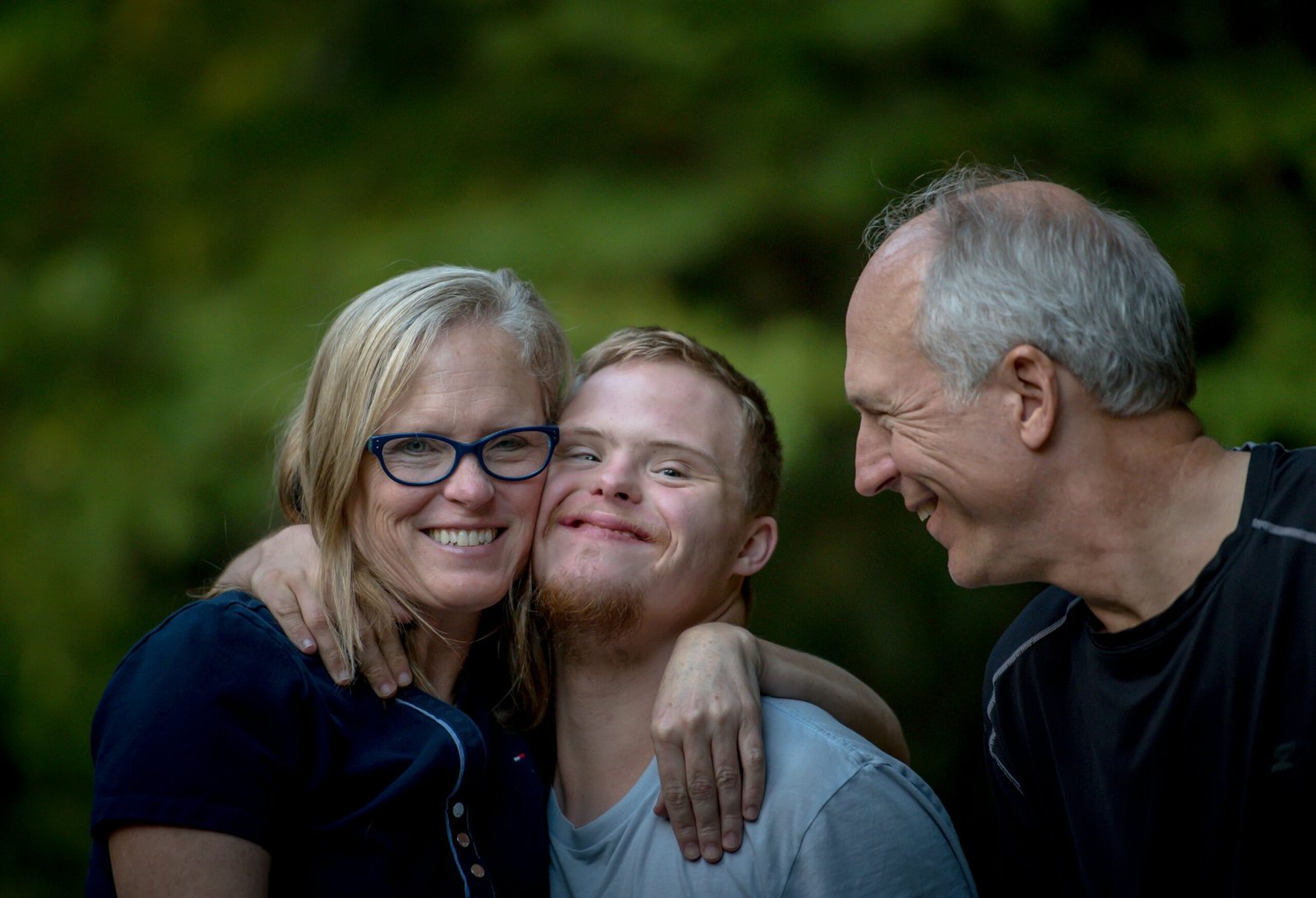Disability and Consent: Exploring the Intersection of Disability and Consent
Sexuality is an integral part of the human experience, and it is important to recognize that people with disabilities have the same desires, needs, and rights as anyone else. However, disability can have a significant impact on a person’s sexual life, particularly when it comes to issues of consent. In this post, we will delve into the complex topic of disability and consent, exploring issues such as capacity, communication, and power dynamics in sexual encounters involving disabled individuals.
Understanding Capacity and Consent
Capacity is a crucial aspect when discussing consent in the context of disability. It refers to a person’s ability to understand and make informed decisions about their sexual activities. It is important to note that capacity is not solely determined by a person’s disability; rather, it is an individual assessment that takes into account various factors, including cognitive abilities, communication skills, and understanding of social norms.
When engaging in sexual activities, it is essential for all parties involved to ensure that each person has the capacity to provide informed consent. This requires open and honest communication, as well as a willingness to adapt and accommodate individual needs. It is also important to recognize that capacity can fluctuate, and consent should be ongoing and continuously reaffirmed throughout any sexual encounter.
Communication and Consent
Effective communication is vital in any sexual relationship, but it becomes even more critical when one or both partners have a disability. Disabilities can affect communication in various ways, such as speech impairments, limited mobility, or sensory disabilities. In such cases, alternative forms of communication, such as sign language, assistive technology, or non-verbal cues, may need to be used.
Partners should establish clear communication channels and discuss boundaries, desires, and preferences openly. This ensures that both parties have a mutual understanding of each other’s needs and can give and receive consent in a way that is comfortable and accessible for everyone involved. It is important to remember that consent should always be enthusiastic, voluntary, and based on clear communication.
Power Dynamics and Vulnerability
Power dynamics can significantly impact sexual encounters involving disabled individuals. Society often perceives disabled individuals as vulnerable and dependent, which can lead to power imbalances and potential abuse. It is crucial to challenge these stereotypes and promote a culture of respect, equality, and empowerment.
Partners should be aware of and actively address any power differentials that may exist. This includes acknowledging and respecting the autonomy and agency of disabled individuals, ensuring that their desires and boundaries are valued and prioritized. Consent should never be assumed or coerced, and both partners should have equal power in making decisions about their sexual activities.
Support systems and resources are also essential in addressing power dynamics and vulnerability. Disabled individuals should have access to information, education, and support networks that can empower them to make informed choices and seek assistance if needed.
Conclusion
Sexual experiences are an integral part of human life, and people with disabilities have the right to explore and express their sexuality in a safe and consensual manner. Understanding the complexities of disability and consent is crucial in ensuring that disabled individuals can enjoy fulfilling and empowering sexual relationships.
By recognizing the importance of capacity, promoting effective communication, and addressing power dynamics, we can create a society that respects and upholds the sexual rights of all individuals, regardless of their disabilities.

